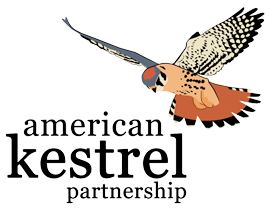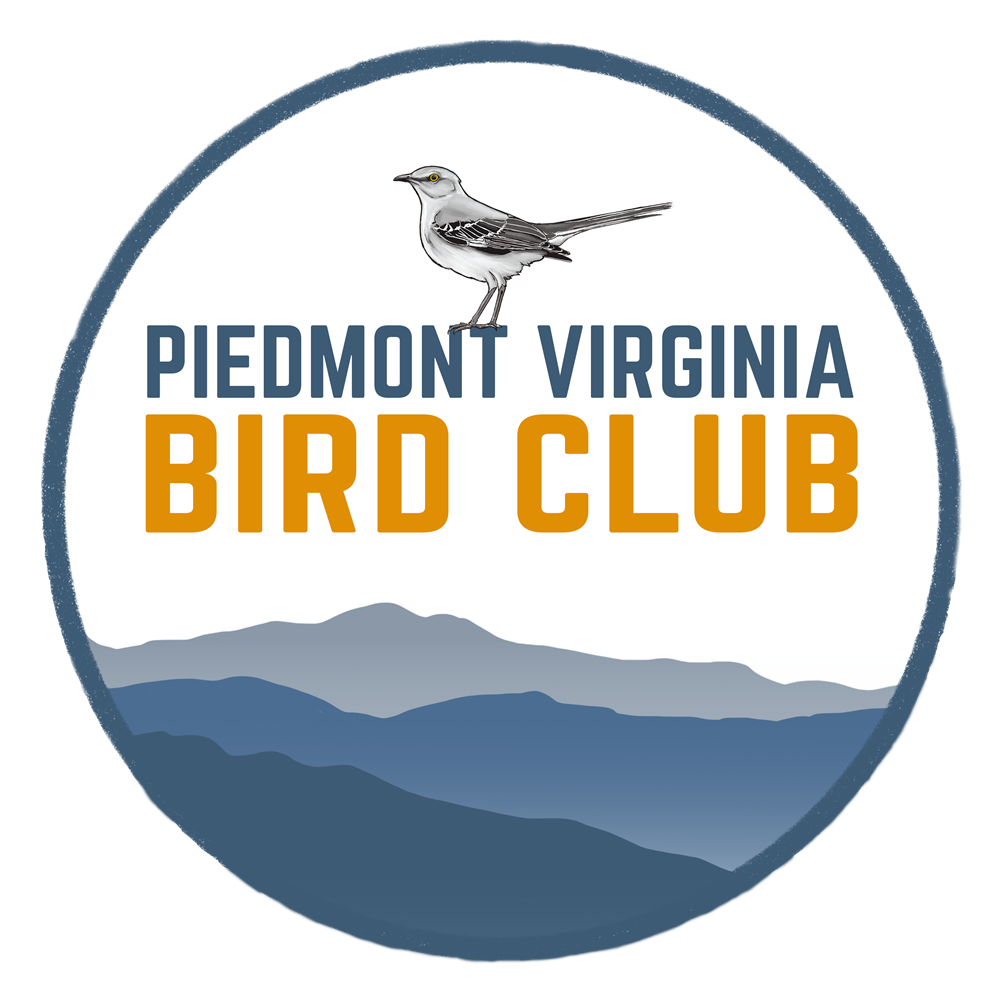by Dan Bieker
Sarah Schulwitz from the American Kestrel Partnership will be in town next month and has offered to do a program on kestrels. Details are below.
American Kestrels are disappearing right from under our nose, and no one knows why. The American Kestrel (Falco sparverius) was one of the most widespread raptors in the Americas, sometimes even referred to as our “backyard falcon.” However, during the past half century, the North American populations have been declining. In fact, today’s range-wide population is only half of what existed in the 1960s and in some states the species is even listed as State endangered. Perhaps most concerning, no one knows why populations are in such decline despite it being one of the best studied raptors in North America.
This predicament united scientists from around America into action and in 2012, The Peregrine Fund created the American Kestrel Partnership with a singular mission to solve the mystery of the kestrel decline and to conserve this falcon across its range. Today, dozens of professional scientists and hundreds of citizen scientists from across the range are monitoring breeding populations with the American Kestrel Partnership, so that together we can start to uncover the cause(s) of decline.
Come out to the Ivy Creek Foundation Education Center on Thursday December 15 at 7 pm for a presentation outlining what we do and do not know about the American Kestrel decline. Dr. Sarah Schulwitz, Assistant Director of the American Kestrel Partnership, will discuss several research recommendations for moving forward for the conservation of this charismatic but declining falcon. Dr. Schulwitz’s career interests lie in avian conservation. After earning her undergraduate degree at the University of North Carolina at Chapel Hill, she worked as a field assistant researching Lincoln Sparrows in southwestern Colorado, Red-backed Fairy Wrens in Queensland, Australia, and Common and Roseate Terns in Buzzard’s Bay, Massachusetts. She went on to earn her master’s and doctorate degrees at the University of North Texas, where she investigated questions of ecotoxicology and conservation genetics in birds. She is happy to have recently joined the leaders in raptor conservation at The Peregrine Fund as the Assistant Director of the American Kestrel Partnership.
Learn more and get involved with the American Kestrel Partnership at kestrel.peregrinefund.org.



